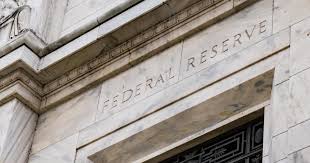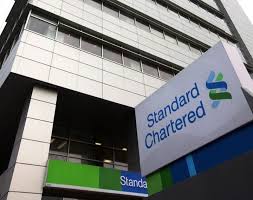A distressed debt cycle, in which the number of businesses with excessive debt loads or refinancing issues increases, is already in effect and is expected to continue for some time, according to the founder of Strategic Value Partners (SVP).
A sharp increase in interest rates, according to Victor Khosla, also chief investment officer of the investment company specializing in opportunistic lending and private equity has fundamentally altered the economic and financial climate.
“For the first time in 30 years, you see a cycle where the central banks are not your friend and with higher rates for longer,” said the founder of SVP, which oversees about $17 billion in assets. “The distressed cycle is not just around the corner, it’s already here.” The discount at which bonds trade is a typical sign of company trouble.
Khosla stated that close to the 25%-30% rate recorded in past distressed cycles, such as during the 2020 COVID crisis, 23% of junk-rated bonds worldwide are selling below 80 cents on the dollar.
Recent instability in the U.S. and European banking sectors have tightened lending standards and increased the likelihood of a recession. Furthermore, given the persistent inflation, additional rate hikes are still likely even though major central banks have toned down their rhetoric.
“We approach this cycle with the idea that it would last for a few years down and a few years up, unlike COVID, which has a month of ups and downs “Khosla mentioned the rise in chances for distressed debt.
The recent market volatility, he continued, had revealed banking industry weaknesses and accelerated the trend toward distressed debt.
According to an indicator created by the law firm Weil Gotshal & Manges and released this month, corporate distress levels in Britain have increased to their highest level since June 2020.
Companies with high debt loads and declining earnings will likely struggle to refinance their debt due to banks’ stricter credit requirements.
Firms in the industrial sector, which are battling to pass on rising labor and raw material costs, as well as interest rate-sensitive industries like real estate, would be particularly hard hit, according to Khosla.
When alluding to the easy-cash era, Khosla continued, “In some ways, we’ve been on a little bit of a sugar high with what the central banks did in reference to monetary policy.” When we get back to more of the usual, there is currently a period of indigestion.

















